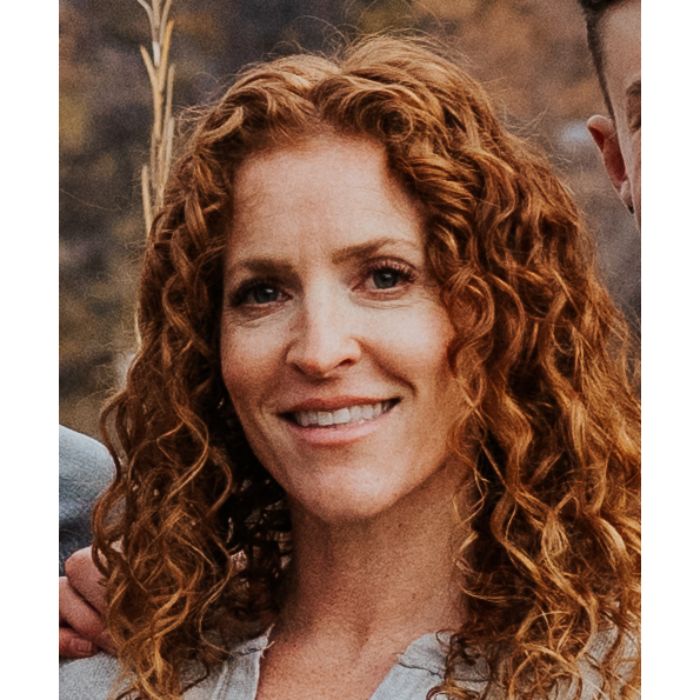If you’re researching mattresses or mattress protectors, you may become familiar with materials like memory foam, latex, even wool. But if you see vinyl, it’s likely worth avoiding. In fact, many brands are making a point of marketing their products as “vinyl-free.” That’s because of concerns over the toxicity of a type of vinyl known as polyvinyl chloride, or PVC.
We looked at the research to help you understand the facts. Here’s what to know about the safety of vinyl in sleep products.
What is Vinyl?
Vinyl is a synthetic resin, and it’s among the most common plastics around. In addition to waterproof mattress covers and mattresses, you can also find it in household goods like shower curtains and kids’ toys. Children’s mattresses are often made with vinyl because it helps reduce the absorption of fluids.
Potential Health Risks of Vinyl
There are many forms of vinyl, but health concerns are specific to PVC. PVC is made with vinyl chloride, a flammable and colorless gas. Exposure to vinyl chloride is associated with an increased risk of specific cancers. PVC may contain traces of this chemical, though it isn’t a known or suspected carcinogen itself, according to the National Cancer Institute at the National Institutes of Health. However, the production, use and disposal of PVC releases toxins into the air and it contains high levels of chlorine, which is hazardous to your health.
PVC also contains chemicals known as phthalates, a group of chemicals that have been linked to cancer and endocrine disruption, so limiting exposure is generally recommended. That’s especially true for children.
How to Tell if Your Bed Contains Vinyl
Mattress companies aren’t required to disclose all materials in their mattresses, which can make it hard to find a mattress you’ll feel safe sleeping on. To avoid harmful chemicals, look for certifications like OEKO-TEX Standard 100, which means the mattress has been tested to ensure it’s free of toxic chemicals, and GreenGuard, which tests for VOC emissions.
You can also check the tag on mattresses and other sleep products. If there’s a #3 recycling code, you’ll know it contains PVC.
Is it Safe to Sleep on Vinyl Products?
Because of the health risks associated with the toxins that PVC releases, the safest strategy is to avoid exposure to products that are made with this type of plastic. That’s especially true for babies and children. Avoiding mattresses and mattress protectors made with PVC minimizes exposure to dangerous toxins and chemicals that could pose a risk to your health.
Vinyl-Free Waterproof Mattress Protectors
Fortunately, there are plenty of vinyl-free mattress protectors. These products often use a material called polyurethane for waterproofing benefits, without the same health risks as PVC. Here are two of our favorite products from our selection of the best mattress protectors.
Helix Waterproof Mattress Protector
The Helix Waterproof Mattress Protector is made with polyester and thermoplastic polyurethane, or TPU, to create a waterproof barrier that protects your mattress. Unlike vinyl mattress covers, which can make a crinkling or crunching sound when you move around, TPU makes this mattress protector incredibly quiet. The breathable design doesn’t disrupt airflow into the mattress either, which is an important consideration for hot sleepers. The protector is also machine washable for easy cleaning.
Helix makes its waterproof mattress protector in multiple sizes from twin through California king. It comes with a one-year limited warranty and a 100-night sleep trial.
Saatva Waterproof Mattress Protector
Saatva’s waterproof mattress protector is another vinyl-free option. It’s designed to be virtually undetectable beneath your fitted sheet. The protector is made with a cotton knit, which wicks away moisture, and a thin polyurethane moisture barrier that protects your mattress from liquid spills. It fits mattresses up to 16 inches tall and includes silicone elastic bands that help ensure a close fit.
The Saatva mattress protector can also be machine washed in cold water and tumbled dry on low. Try it at home with 45-day free returns.
Bottom Line
While many reputable brands have steered away from the use of vinyl in their sleep products, that’s not the case across the board. Because PVC can help reduce fluid absorption, it’s still found in crib mattresses and mattress protectors. While PVC isn’t considered a carcinogen itself, the material releases toxins into the air that could be detrimental to your health, and limiting exposure for yourself and your family is generally recommended. To play it safe, make a point of shopping for sleep products that are free of vinyl.


